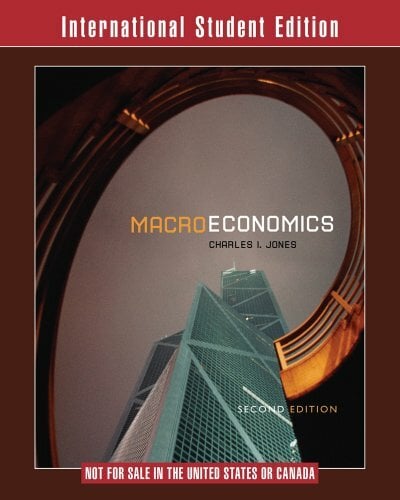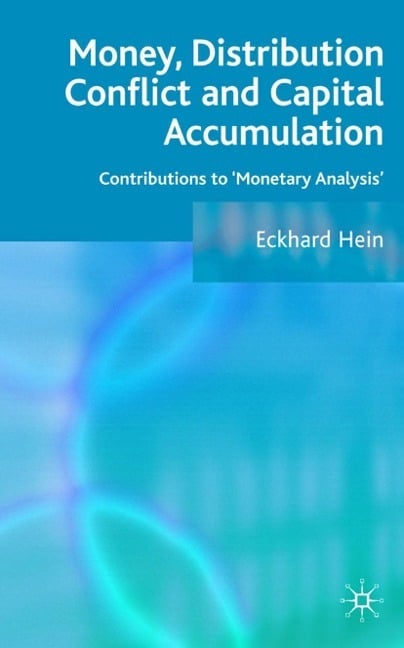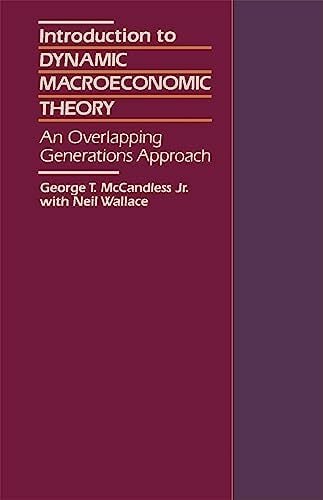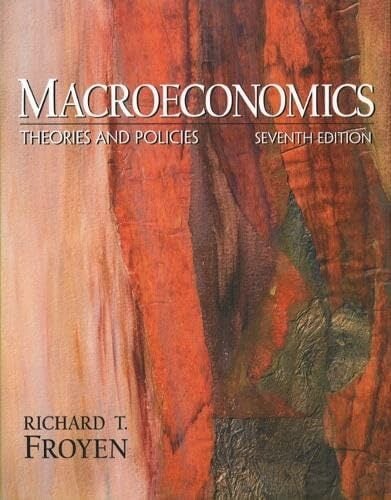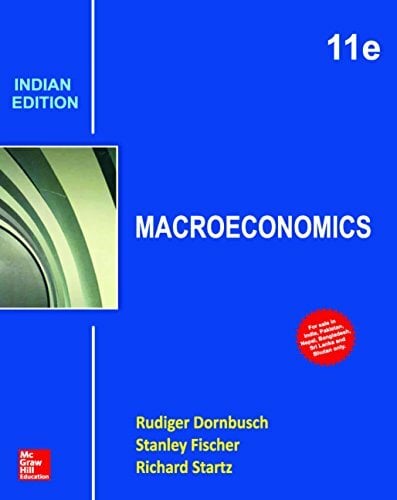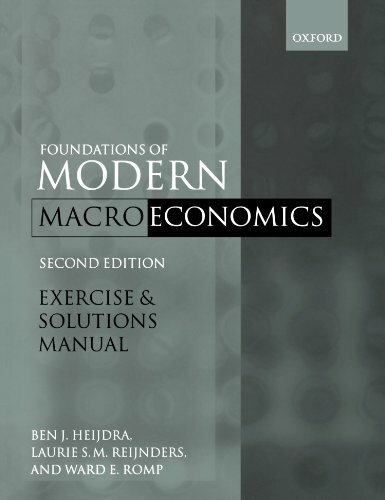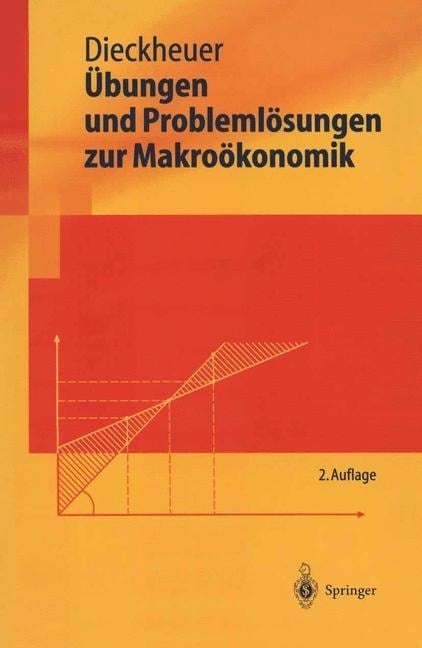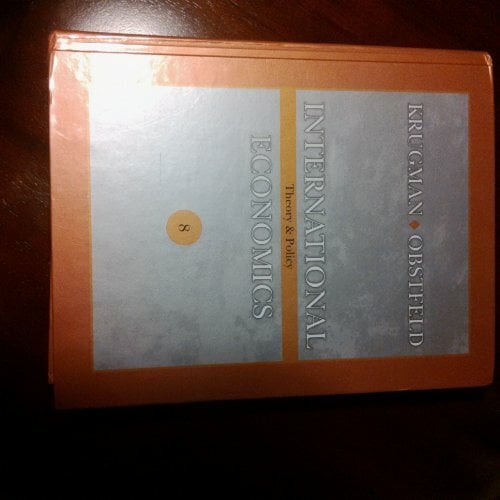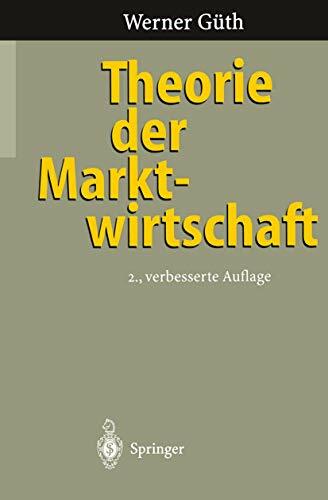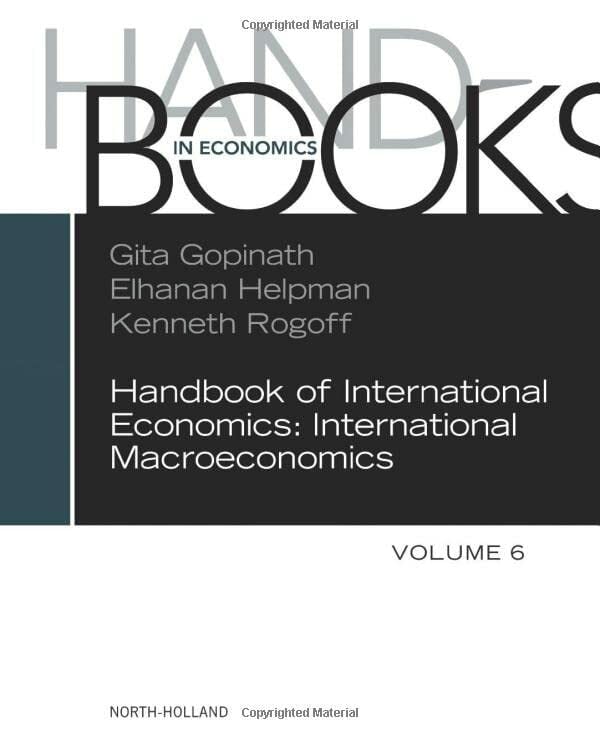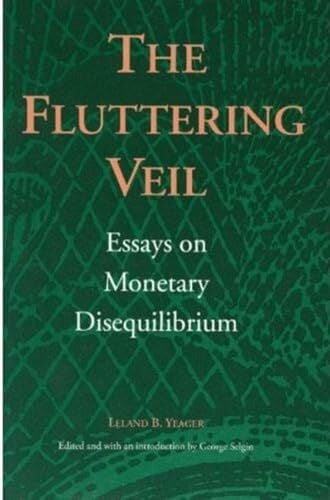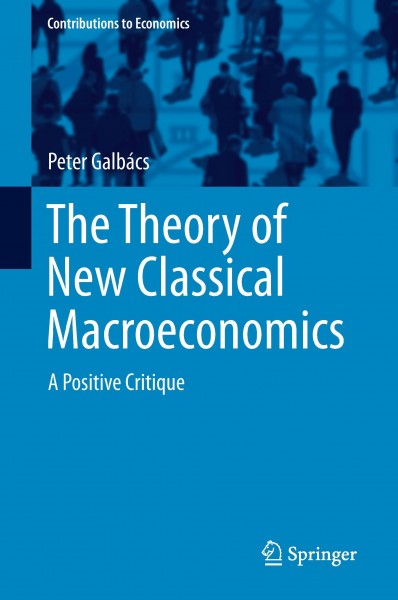
The Theory of New Classical Macroeconomics
Kurzinformation
inkl. MwSt. Versandinformationen
Artikel zZt. nicht lieferbar
Artikel zZt. nicht lieferbar

Beschreibung
This book examines new classical macroeconomics from a comparative and critical point of view that confronts the original texts and later comments as a first dimension of comparison. The second dimension appears in a historical context, since none of the new classical doctrines can be analyzed ignoring the parallelism and discrepancies with the theory of Keynes, Friedman or Phelps. Radicalism of new classical macroeconomics has brought fundamental changes in economic thought, but the doctrines got vulgarized and distorted thanks to the mass of followers. Nowadays, economic theory and policy, trying to find their ways, have a less clear relationship than ever. Therefore, this volume is aimed at mapping and reconsidering the policy instruments and transmission mechanisms offered by the new classicals. Its central question points to the real nature of new classical macroeconomics: what consequences are grounded by the assumptions new classicals used. Moreover, issues raised by automatic fiscal stabilizers and fiscal reforms are analyzed as well, even if they were out of the range of classical texts. The book draws a picture of new classical macroeconomics stressing the analogies with Keynesian countercyclical policies, instead of the discrepancies commonly held. von Galbács, Peter
Produktdetails

So garantieren wir Dir zu jeder Zeit Premiumqualität.
Über den Autor
Peter Galbács is a researcher of the theory and methodology of mainstream economics. After studying sociology and social philosophy at the Faculty of Humanities and Social Sciences of Pázmány Péter Catholic University (Piliscsaba, Hungary), he took a master and later a Ph.D. degree on macroeconomic theory in his hometown, at the University of Miskolc (Hungary). These early influences determine fundamentally the way he questions economic theory, regarding economic theory as a thesaurus of philosophical texts that describe the economic aspects of processes of societies. His experience on the econometric and modelling considerations of mainstream economics was widely used at the State Audit Office of Hungary during the years he was working there as an academic consultant. Now he is a lecturer of Budapest Business School in monetary economics and history of economic thoughts.
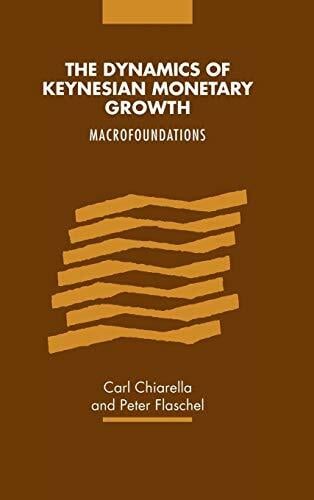
- hardcover
- 434 Seiten
- Erschienen 2000
- Cambridge University Press

- Kartoniert
- 576 Seiten
- Erschienen 2020
- Pearson
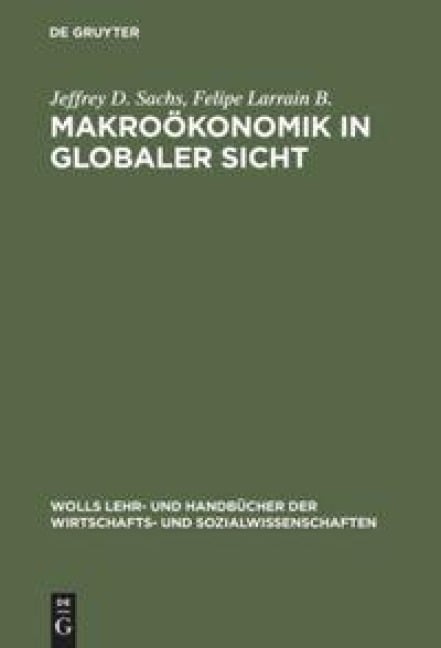
- Gebunden
- 992 Seiten
- Erschienen 2001
- De Gruyter Oldenbourg

- hardcover
- 480 Seiten
- Erschienen 2001
- South-Western

- paperback
- 768 Seiten
- Erschienen 2015
- Cengage Learning EMEA

- Kartoniert
- 573 Seiten
- Erschienen 2019
- Bloomsbury Academic

- Hardcover
- 859 Seiten
- Erschienen 2006
- Addison Wesley ein Imprint ...

- Gebundene Ausgabe
- 896 Seiten
- Erschienen 2006
- South-Western

- Kartoniert
- 412 Seiten
- Erschienen 2012
- UNIKUM
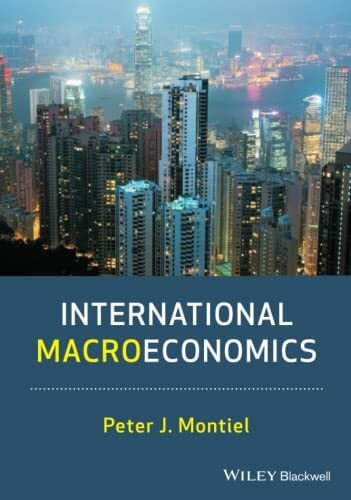
- Gebunden
- 512 Seiten
- Erschienen 2009
- Wiley-Blackwell

- Hardcover -
- Erschienen 2012
- Schäffer-Poeschel Verlag

- Kartoniert
- 824 Seiten
- Erschienen 2022
- Pearson

- paperback
- 272 Seiten
- Erschienen 2001
- Addison Wesley
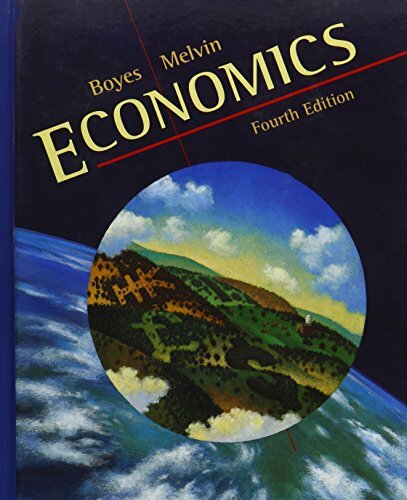
- hardcover
- 951 Seiten
- Erschienen 1998
- Houghton Mifflin (Academic)

- Hardcover
- 954 Seiten
- Erschienen 2005
- Addison Wesley ein Imprint ...







